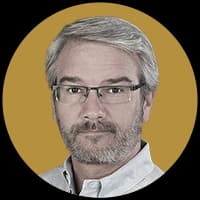British Columbia Reinstates Public Drug Use Ban After Failed Experiment
“Effective today, with Health Canada’s approval, public drug use is illegal in all public spaces in B.C..”

In a significant policy shift, British Columbia has reinstated a ban on public drug use.
The move, approved on Tuesday, comes after the federal government backed the province’s request to modify its drug decriminalization pilot program, which had been in effect for more than a year as part of a collaborative effort with Ottawa to address the ongoing overdose crisis.
Initially launched as a three-year trial, the program sought to reduce the harm associated with drug use by decriminalizing the possession of small quantities of certain drugs, including heroin, fentanyl, cocaine, and methamphetamine. Yet concerns raised by the public, healthcare professionals, and law enforcement led to a re-evaluation of the policy, particularly regarding drug consumption in public spaces.
“Effective today, with Health Canada’s approval, public drug use is illegal in all public spaces in B.C.,” the province’s public safety minister, Mike Farnworth, said Tuesday, the Canadian Press reported.
“When police are called to a scene where illegal and dangerous drug use is taking place, they will have the ability to compel a person to leave the area, seize the drugs when necessary, or arrest the person if required,” he said.
On April 26, B.C. officials reached out to Health Canada, proposing changes to the exemption that allowed for the decriminalization of these substances. The amendment aims to curb the use of drugs in public areas, such as hospitals and parks, a move strongly advocated by B.C.’s premier, David Eby, and his NDP administration in response to growing apprehensions about public safety and health, the Press reported.
Canada’s mental health and addictions minister, Ya’ara Saks, said the change does not mean the experiment failed. “This is the first time this has been done,” she told reporters on Parliament Hill. “As in any pilot, it is a process of learning.”

